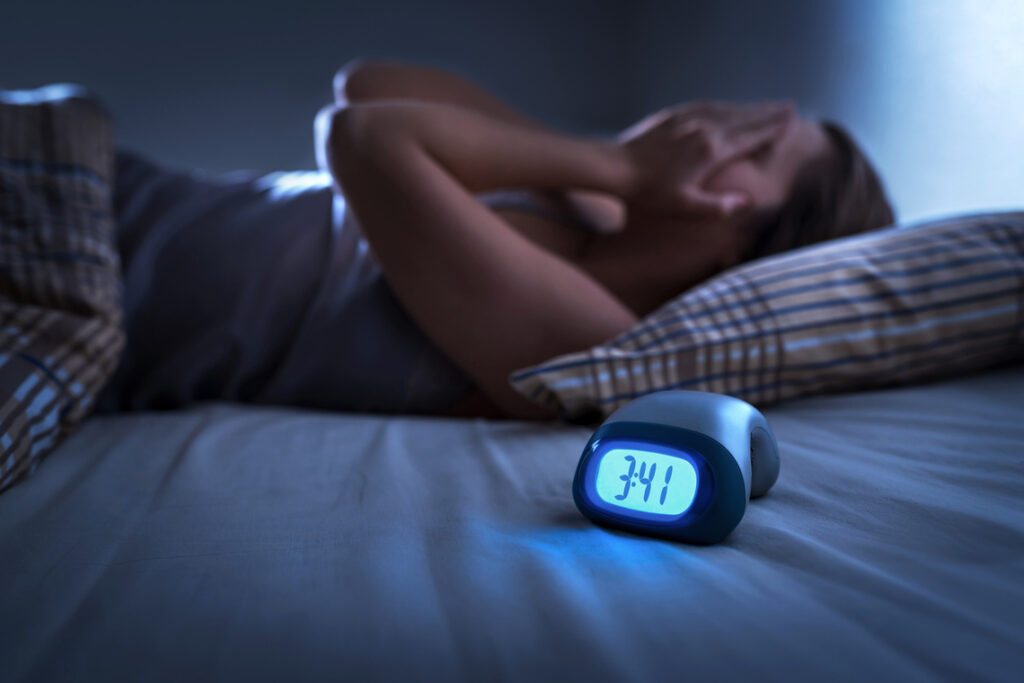Mayo Clinic Tips for better Sleep
Mayo Clinic Tips for better Sleep
Mayo Clinic Tips for better Sleep

6 Tips for Better Sleep – Mayo Clinic
Many factors can interfere with a good night’s sleep — from work stress and family responsibilities to illnesses. It’s no wonder that quality sleep is sometimes elusive.
You might not be able to control the factors that interfere with your sleep. However, you can adopt habits that encourage better sleep. Start with these simple tips.

1. Stick to a sleep schedule
Set aside no more than eight hours for sleep. The recommended amount of sleep for a healthy adult is at least seven hours. Most people don’t need more than eight hours in bed to be well rested.
Go to bed and get up at the same time every day, including weekends. Being consistent reinforces your body’s sleep-wake cycle.
2. Pay attention to what you eat and drink
Don’t go to bed hungry or stuffed. In particular, avoid heavy or large meals within a couple of hours of bedtime. Discomfort might keep you up.
Nicotine, caffeine and alcohol deserve caution, too. The stimulating effects of nicotine and caffeine take hours to wear off and can interfere with sleep. And even though alcohol might make you feel sleepy at first, it can disrupt sleep later in the night.
3. Create a restful environment
Keep your room cool, dark and quiet. Exposure to light in the evenings might make it more challenging to fall asleep. Avoid prolonged use of light-emitting screens just before bedtime. Consider using room-darkening shades, earplugs, a fan or other devices to create an environment that suits your needs.
4. Limit daytime naps
Long daytime naps can interfere with nighttime sleep. Limit naps to no more than one hour and avoid napping late in the day.
However, if you work nights, you might need to nap late in the day before work to help make up your sleep debt.
5. Include physical activity in your daily routine
Regular physical activity can promote better sleep. However, avoid being active too close to bedtime.
Spending time outside every day might be helpful, too.
6. Manage worries
Try to resolve your worries or concerns before bedtime. Jot down what’s on your mind and then set it aside for tomorrow.
Stress management might help. Start with the basics, such as getting organized, setting priorities and delegating tasks. Meditation also can ease anxiety.
Tools for Wellness: Everyone has an occasional sleepless night. If your looking to change sleep patterns for better more consistent sleep, Tools for Wellness offers many tools for improving sleep and retraining the brain and body. www.toolsforwellness.com
